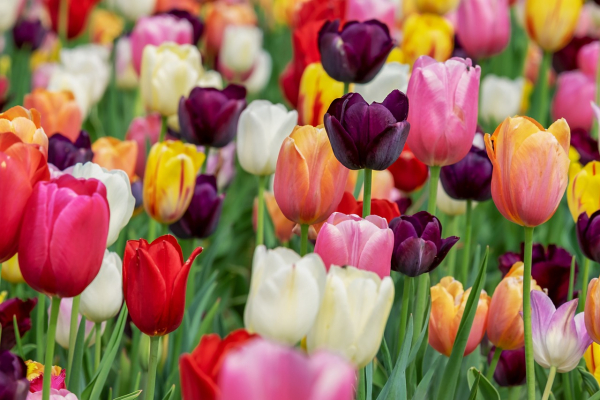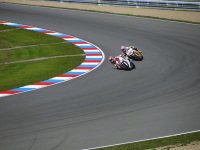Modern Technology Serving Agriculture
Theo, operating on the North Dutch farm of WAM Pennings, exemplifies the use of the latest technological achievements in traditional farming. Its task is to identify and eliminate diseased tulip flowers, which is crucial to prevent the spread of the tulip breaking virus (TBV). TBV is one of the greatest threats to Dutch crops, causing weaker growth and development of plants. Thanks to Theo's work, farms can more effectively protect their valuable crops from this destructive virus.
Investing in the Future of Crops
Although the robot’s price may seem high, the benefits of its operation are invaluable for Dutch farmers. Theo's work not only increases the efficiency of crop protection against diseases but also contributes to the improvement of the quality of exported flowers. Allan Visser, a third-generation tulip grower, emphasizes that the robot’s ability to precisely detect and eliminate diseased plants is invaluable in the face of growing challenges related to climate change and increasingly frequent droughts.
Impact on Tourism and Export
Dutch tulip fields attract throngs of tourists from all over the world every year, dazzling them with vast mosaics of colors. Therefore, the protection of these crops has not only economic but also cultural and tourist significance. With robots like Theo, the Netherlands can maintain its leadership position in the production and export of tulips, while caring for the natural environment and sustainable development.
Initiatives such as the introduction of robot Theo to monitor and protect tulip fields show how modern technologies can support traditional economic sectors, bringing benefits to both producers and consumers. This is a step towards a future where sustainable agriculture goes hand in hand with environmental protection and the preservation of natural beauty.











